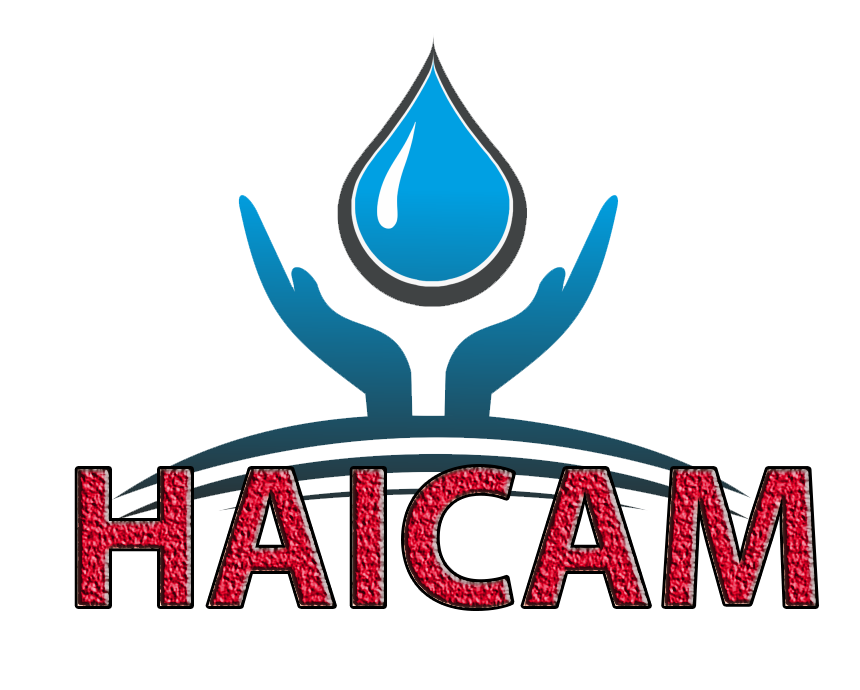Within these few years of the anglophone crisis in Cameroon, millions of people were internally displaced due to armed conflict, generalized violence, or human rights violations. HAICAM exists to protect and assist everyone who has been affected by forced displacement, including IDPs. We also provide life-saving assistance and work to identify solutions for displaced communities.
Agriculture is the main pillar of Cameroon’s economy. It accounts for 43 % of GDP, employs 70 % of the working population, and generates more than one-third of total export earnings (Fresh Produce Journal 2004). The main agricultural products include plantains, cattle meat, cocoa beans, taro, bananas, maize, fresh vegetables, and groundnuts. Cameroon’s primary export crops are cocoa, cotton, coffee, bananas, rubber, and palm oil (FAO, 14.07.2006). The country’s main export partner is the European Union. However, still, the bigger part of agricultural activity is confined to subsistence level farming.
Overview of organic farming
As in most West African countries, the organic sector in Cameroon is still underdeveloped. Estimates of certified organic production suggest that 7,000 hectares of land are under organic management accounting for 0.08 % of the total agricultural area (IFOAM & FiBL 2006). The country shows a strong potential for further developing the organic sector to meet export opportunities and create a more sustainable form of agriculture. High premiums for organic produce, the increasing costs of synthetic farm inputs, and a lack of support for ordinary farming have led to some entire areas spontaneously converting to organic farming (IFOAM 2003).
Key organic products
Cameroon is well known for its climatic, geographic, and ecological diversity, which enables farmers to grow a wide variety of crops. The most frequently cultivated export crops on Cameroonian organic farms are bananas, pineapples, avocadoes, mangoes, papayas, coffee, and cocoa. Other certified products include herbs, spices, tubers, and medical plants. There is a growing emphasis on processing some of the fruit crops through drying, pulping, and juicing (IFOAM 2003).
The network
In Cameroon, there are two organizations gathering operators of the organic sector: ASPABIC (Association for the Promotion of Organic Agriculture in Cameroon) in the French-speaking part and AVEGRO in the English-speaking area. Both groups concentrate on promoting the sector and raising public awareness. They provide their members with information services, technical assistance, and training.
A special thanks to the endeavor of our agricultural specialist and community development specialization head NCHINDO VALERIE NAEFHII for her ideas that we use to empower the rural women so they can do something for themselves. We don’t only give them food but help them cultivate their own crops.
When you support HAICAM, you are helping our nationwide network of food, shelter, and education which is the key to every child’s future. Together we can improve their lives. Let’s do it. DONATE NOW.
